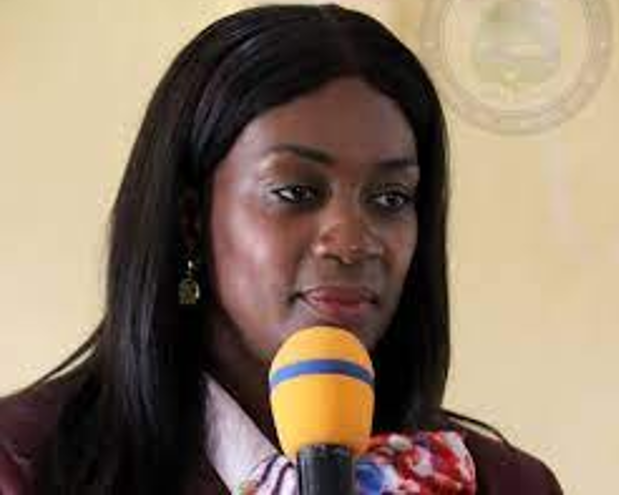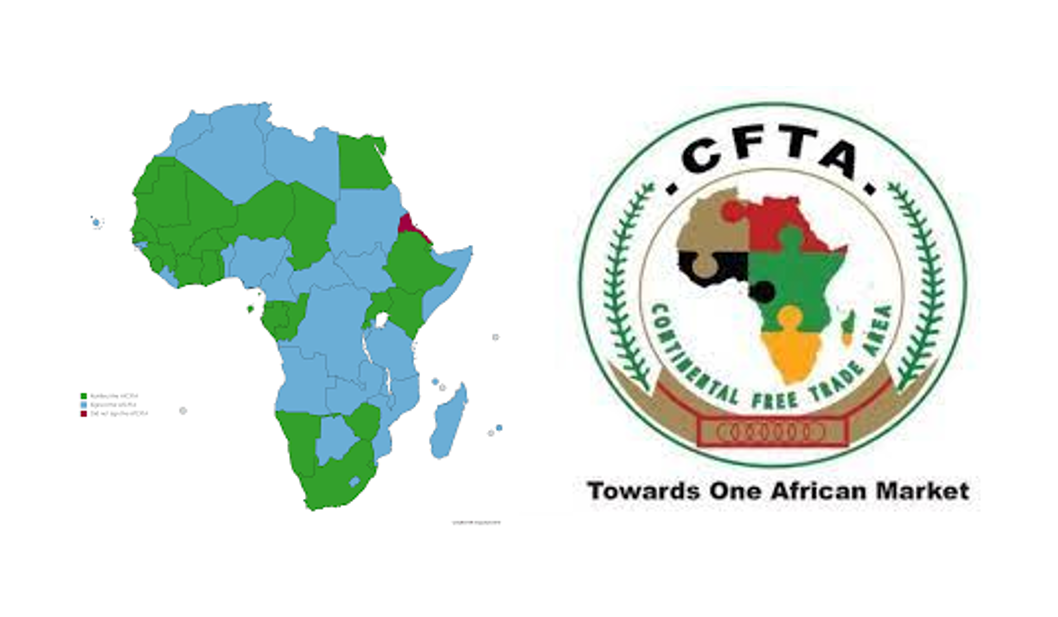By Walcott Aganu
Covid-19 is severely testing our capacities for resilience. However, despite health challenges being a priority, it is crucial to remind ourselves that the world faces two global challenges: the COVID-19 and the climate crisis. Regrettably, the latter has been put on hold despite the increasing threat of climate change on human health, economies, and the scientific warnings that we have reached the “tipping point”.
Scientists warn significant climate change impacts will occur much earlier than expected if actions are not taken urgently, and Africa, a continent of 54 countries, will be the most vulnerable and adversely affected, despite contributing only to 4% of the total global emissions. Therefore, African leaders must firmly put a similar focus and resource devoted to Covid-19 to replicate it in addressing the threats of climate change.
There is a need to align Africa’s response to Covid-19 with the Paris Agreement and, in the same process, pay close attention to the Nature-Based Solutions to reduce the probability of a recurrence of this pandemic for biodiversity preservation, climate mitigation, adaptation, and sustainable development.
Across the continent, varied climate adaptation efforts are already protecting lives and incomes:
- In Sudan, Prime Minister Abdalla Hamdok said a switch to heat-tolerant wheat on 800,000 acres, backed by the AfDB, “has made it possible to produce wheat in climates previously considered impossible.”
- Ethiopia has similarly invested in large-scale land restoration and forest re-planting, which has helped shore up water supplies.
- And countries from Mozambique to Mali are now covered by risk-pooled disaster insurance.
- The AfDB, for instance, intends to provide weather information and advice to 30 million African farmers via their mobile phones and help a million young Africans build skills to create green jobs that advance adaptation. The program “will build on what is working.” The bank has already boosted the share of its finance spent on climate change from 9% in 2016 to an expected 40% this year, with more than half of that going to adaptation work.
Africa still faces a challenge
Finance remains a significant challenge for climate action in Africa. Article 9 of the Paris Agreement requires developed countries to provide financial resources to assist developing countries with respect to mitigation and adaptation to continue their existing obligations under the Convention. Other Parties are encouraged to provide or continue to provide such support voluntarily.
Global climate finance has reached record levels in recent years. The average annual public climate finance totalled $253bn in 2017/18, representing 44% of total commitments. Private finance, which reached $326bn on average annually in 2017/18, continues to account for most climate finance, at around 56%.
The African Development Bank (AfDB) estimates show that the range of $20-30bn per year will be required for climate change adaptation in Africa till 2030.
Africa’s voice at COP26
2020 saw time lost and meetings postponed. But the lead-up to the United Nations (UN) Climate Change Conference in Glasgow in November (COP26) brings the spotlight back to climate issues. A packed international agenda offers Africa an opportunity to reach Glasgow better prepared and better understood than ever before.
With the world on track to 3.5 – 4 degrees Celsius warming by 2100, Africa’s adaptation cost could reach $50bn by the 2070s. Under the African Union’s auspices, African countries need to have a unified voice at COP26.
African negotiators at COP26 must press for more funds to adapt to the impact of climate change. They must ensure that developed countries do not merely redirect resources previously earmarked for other environmental and development areas to climate change. Still, developed countries should provide new and additional financial resources, as stated in Article 4 of the UN Framework Convention on Climate Change (UNFCCC). Africa’s negotiators’ must resist efforts to qualify assistance towards combating the Covid-19 pandemic as climate finance.
Africa should insist that major carbon emitters make significant cuts in their emissions in their NDCs to prevent dangerous warming and the occurrence of extreme weather and climate events.
The Small Island Developing States (SIDS), a coalition of some 40 low-lying islands, which are also vulnerability hotspots for the impacts of climate change, will be a formidable partner for Africa at COP26 to arrive at a more favourable negotiation in respect of emission cuts. This decade is pivotal for climate action in Africa.
Collaboration among African countries
The Africa Development Bank said earlier this year it would raise $25 billion by 2025 to spur climate action in Africa, with at least half going to back projects to adapt and build resilience to worsening droughts, storms, floods, and sea-level rise. But with the coronavirus pandemic hitting economies and development budgets around the world, raising money for climate action has become more challenging over the last year.
Africa countries must unite to tackle climate issues holistically and not just in rhetorics. If not, “We are soon going to need at least this much [$25 billion] every year if we do not effectively mitigate and reverse climate change,” Ali Bongo, Gabon’s President, has warned.
The Covid-19 pandemic is a wake-up call and is teaching us that we cannot win the fight against the virus without nations joining forces. We have witnessed a strong need for preparedness, cooperation, commitment and working together. Africa must take the lessons from it for climate action with a sense of solidarity and urgency to recover better for our future generation and our planet.
The real impact of the coronavirus crisis on climate in Africa will ultimately depend on African leaders and African partners’ choices in how the continent recover. Meeting the Paris Agreement’s goals for mitigation and adaptation must be central to this effort to ensure future pandemics’ likelihood is reduced.
Thus, the synergy between African countries will strengthen Africa’s adaptation initiative and outline the need for an integrated response in building the climate and pandemic resilience in Africa. This year is crucial for aligning the recovery process with the Paris Agreement goals and keeping the momentum.


